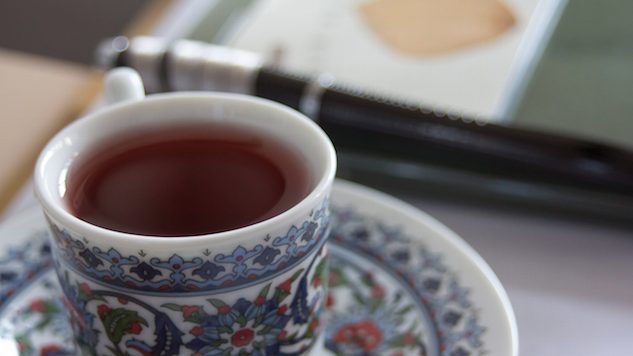
It’s impossible not to be bummed out these days: innocent people are injured while their nefarious counterparts are rewarded, we’re killing the planet and this country is not-so-slowly creeping towards the apocalypse. Even scrolling through a Twitter feed feels depressing.
For a lot of people, life has become stressful, terrifying and even dangerous. The current sociopolitical climate has pushed self-care, the practice of identifying and satisfying one’s own needs, to the forefront of coping mechanisms. If you’ve been on the internet lately, then you know this practice is currently associated with relaxing rituals such as staying in, taking a hot bath or stocking up on Korean face masks. However, this concept has been around long before it became a hashtag.
Self-care refers to the actions that can help a person achieve optimal physical and mental health. It asserts that we have the power to control of our own happiness and survival, given we take that action. Depending on where you are (and remember, the relationship between your brain and your body regularly changes), those actions differ. For some, self-care consists of tackling smaller (but still important) tasks like maintaining hygiene regimens, while others may work towards excommunicating toxic people.
In order to truly work, self-care should be constructive in some manner. People may apply the philosophy behind self-care to justify counterproductive or negative actions such as eschewing your responsibilities to watch Hulu all weekend or going on a retail binge. Remember, this is about long-term happiness.
Because self-care establishes long-term happiness and survival as an endgame, the act cannot be selfish—looking out for others is crucial, but sometimes that help has to start locally. Psychologists liken the philosophy of self-care to cabin pressure dropping in an airplane—when oxygen masks drop from the ceiling, the first step is to secure your own mask, ensuring your survival. Then, you’re fit—and free—to help others.
Over the past several months, self-care has approached the mainstream and makes a prominent appearance in captions below freshly-Instagrammed bath bombs. The contemporary use of this term, then, forms an incentive to buy treasures that’ll help mend mental exhaustion. If there’s a simple object that grants instant happiness, who wouldn’t want to buy it? People want shortcuts, and more importantly, they want to feel fulfilled and stable.
So, if self-care has become linked to material goods, does that make it a capitalist scam?
Yes and no. To want is human, and the current practice of self-care aims to strike a balance between needs that are both psychological and external.
The philosophy here is a battle of mental issues and indulgence, pleasure and joy. We respond to incentive and profit, but here we’re using philosophy and ethics to counter it. Wanting is not a selfish action, and bare fundamentals for survival—nourishment and shelter, most notably—involve payment or exchange. So take a bath, walk around the neighborhood or buy yourself that ticket to the rock show. As long as you’re not solely equating that security with acquiring new possessions, you aren’t doing anything destructive, and that’s what matters.
Photo by Raheel Shahid, CC BY 2.0
Sarra Sedghi is the assistant editor of Paste’s food and science sections.